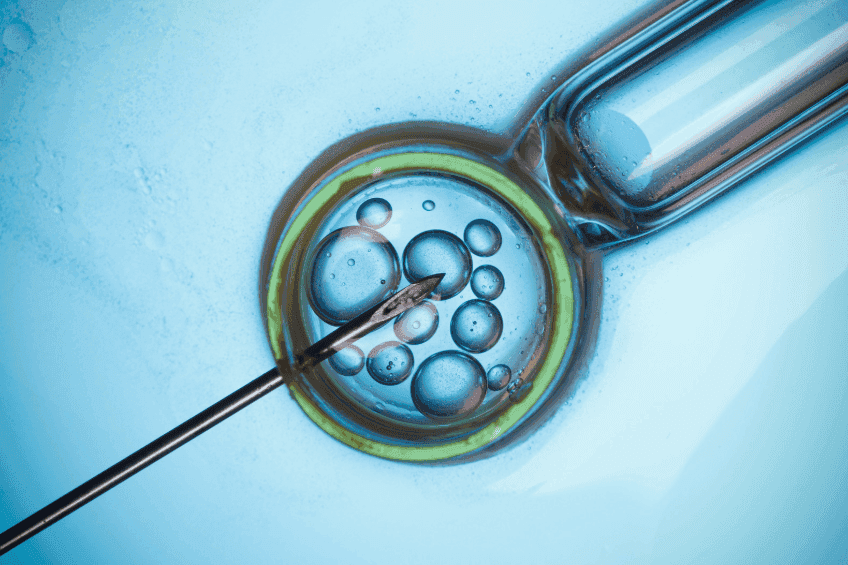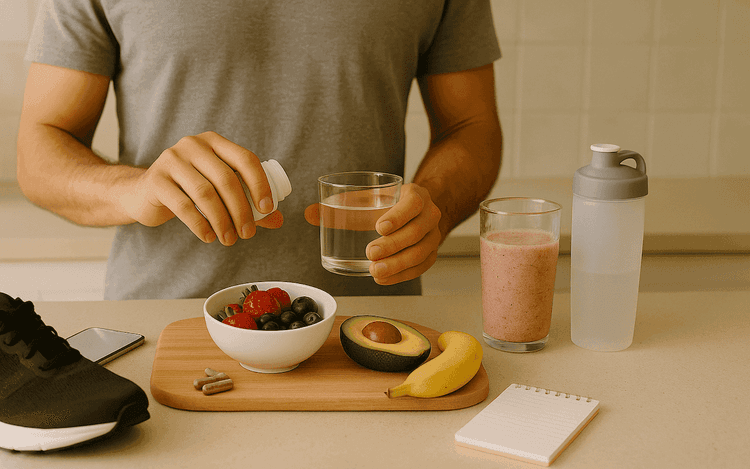Det voksende behov for fertilitetsstøtte
Fertilitetsudfordringer bliver mere og mere anerkendte, og omkring 19 % af parrene er ikke i stand til at blive gravide efter et år med ubeskyttet sex. For 10 % af parrene fortsætter kampen efter mere end to år. Som følge heraf anvendes assisteret reproduktionsteknologi (ART), som f.eks. in vitro-befrugtning (IVF), i stigende grad.
I 2021 blev der udført ca. 76.000 IVF-cyklusser i Storbritannien, hvilket er en markant stigning fra de 6.700 cyklusser, der blev rapporteret i 1991. Sideløbende med denne stigning er IVF-succesraten også blevet bedre, idet den er steget fra 6 % i 1991 til ca. 25-30 % pr. cyklus i dag. Succesen påvirkes dog af flere faktorer, herunder moderens alder, underliggende fertilitetsproblemer og den generelle reproduktive sundhed.
I betragtning af den økonomiske og følelsesmæssige investering, der er involveret i IVF, er det afgørende at optimere betingelserne for succes. En ny faktor, der er ved at blive undersøgt, er det vaginale mikrobioms rolle i fertilitetsresultaterne.
Det vaginale mikrobioms rolle i IVF-succes
Forskning tyder på, at sammensætningen af det vaginale mikrobiom kan påvirke IVF-resultaterne. En undersøgelse viste, at kvinder med et ubalanceret mikrobiom havde op til syv gange mindre sandsynlighed for at blive gravide ved hjælp af IVF sammenlignet med dem, der havde et balanceret mikrobielt miljø.
Et velafbalanceret vaginalt mikrobiom menes at understøtte IVF-succes ved at:
- Forbedre embryoimplantationsraten
- Reducere inflammation i forplantningskanalen
- Sænke risikoen for infektioner, der kan kompromittere fertiliteten
- Tegn på et ubalanceret vaginalt mikrobiom
Et ændret vaginalt mikrobiom kan være forbundet med:
- Tilbagevendende abort
- Vedvarende infektioner
- Uforklarlig infertilitet
- Endometriose
- Ubalance efter antibiotikabehandling
- Vaginalt ubehag (tørhed, irritation eller betændelse)
Forskning viser dog, at 84% af personer med et ubalanceret vaginalt mikrobiom ikke oplever nogen symptomer, hvilket gør testning til en vigtig overvejelse.
Skridt til at optimere vaginal sundhed til IVF
- Vurder mikrobiomets sammensætning
En forståelse af bakteriesamfundet i det vaginale mikrobiom kan give indsigt i potentielle ubalancer. Avancerede testmetoder som next-generation sequencing (NGS) tilbyder omfattende profilering af mikrobielle populationer med stor nøjagtighed.
- Søg ekspertrådgivning
Konsultation med en specialist kan hjælpe med at fortolke testresultater og give skræddersyede anbefalinger. Tidlig identifikation af ubalancer giver mulighed for proaktiv håndtering, før man gennemgår fertilitetsbehandlinger.
- Implementer personlige strategier
Mikrobiomets sammensætning varierer fra person til person, så individuelle planer kan omfatte:
Kostjusteringer for at fremme gavnlig bakterievækst
Probiotiske tilskud målrettet mod at genoprette den mikrobielle balance
Livsstilsændringer for at reducere faktorer, der forstyrrer vaginal sundhed
- Støtte til reproduktiv sundhed
Ved at fremme et sundt vaginalt mikrobiom kan enkeltpersoner forbedre deres chancer for IVF-succes. At afhjælpe mikrobielle ubalancer er et lovende skridt i retning af at forbedre fertilitetsresultaterne og det generelle reproduktive velbefindende.
Konklusion
Det vaginale mikrobiom er ved at blive anerkendt som en nøglefaktor for reproduktiv sundhed, og der er stadig flere tegn på, at det har betydning for IVF-succes. Selv om der er behov for yderligere forskning, kan optimering af den mikrobielle balance være et værdifuldt skridt i retning af at støtte fertilitetsbehandlinger.




















